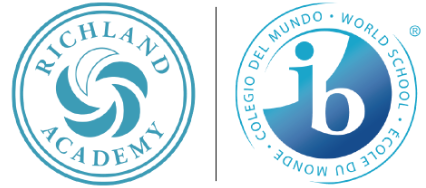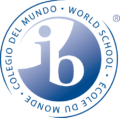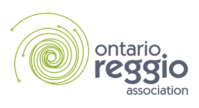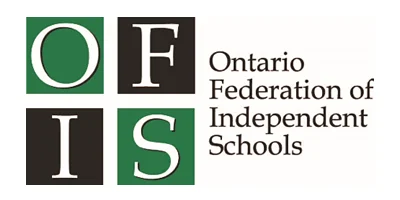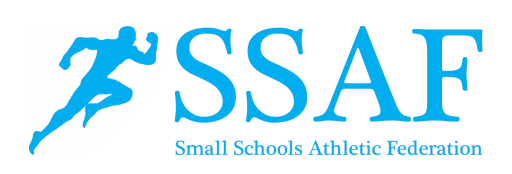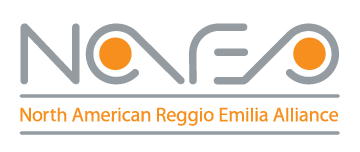Every profession has its jargon, it’s ‘mutually understood’ references that are bantered about quite freely within their work place. Educators are no different; in fact, educators may be guiltier of this than most. Although, I recall meeting with a group that included financial planners and I have to say that the R.O.I.s and F.S.P.s being thrown around was impressive. To be honest, I made that last one up – I didn’t catch half of the acronyms they were referring too, and spent most of the meeting trying to control my facial expression. It was more important to me that they thought I understood, rather than actually trying to understand. Have you ever felt this way? I’ve been thinking a lot about how we as educators ‘speak’ about the work we do. And, more importantly, about whom we speak to. For the most part, we speak to parents, they are intelligent, successful people, but they are unfamiliar with what we are talking about. Now some might argue, “They’ll learn! If we keep using the terms and language they’ll figure it out.” Really? Well, parents are very capable, of course, but how about we make it a little easier for them. After all, we wouldn’t be very effective educators if we didn’t seek ways to encourage understanding. I present to you,
I’ve been thinking a lot about how we as educators ‘speak’ about the work we do. And, more importantly, about whom we speak to. For the most part, we speak to parents, they are intelligent, successful people, but they are unfamiliar with what we are talking about. Now some might argue, “They’ll learn! If we keep using the terms and language they’ll figure it out.” Really? Well, parents are very capable, of course, but how about we make it a little easier for them. After all, we wouldn’t be very effective educators if we didn’t seek ways to encourage understanding. I present to you,
The Educational Terminology Cheat Sheet
21st Century Learning: 21st Century Learning means students are connected to other learners and resources, and develop skills to help them become creative, problem solvers, communicators, and leaders. They know how to take initiative, are comfortable collaborating with others, and are confident with technology.
Reggio-inspired: The Reggio approach is an educational philosophy. The name comes from Reggio Emilia, in northern Italy where the community came together after World War II to reconstruct society and build an exemplary educational system. The region has since been recognized to have one of the best municipal educational systems in the world, and welcome visitors from around the globe. Schools like Richland are Reggio-inspired, meaning we take the educational philosophy of Reggio Emilia and adapt it to our own culture and community.
Environment as the Third Teacher: In a Reggio-inspired school, the parent is recognized as the first teacher, and the class teacher as the second. The physical environment is crucial, and is considered the child’s “third teacher”. It is believed that children can create meaning and make sense of their world through environments which support “complex, varied, sustained, and changing relationships between people, the world of experience, ideas and the many ways of expressing ideas.” The environments are designed for learning, rather than decorated.
Constructivist Theory: Constructivism is a theory to explain how knowledge is constructed in people when information comes into contact with existing knowledge that had been developed by experiences. In other words, we build knowledge when new experiences influence our existing knowledge.
Inquiry-based learning: Inquiry learning describes approaches that are based on the investigation of questions, scenarios or problems – often assisted by a facilitator. Inquirers will identify and research issues and questions to develop their knowledge or solutions.
Project-based learning: PBL is considered an alternative to paper-based, rote memorization, teacher-led classrooms. The benefits to using these strategies include a greater depth of understanding of concepts, broader knowledge base, improved communication and interpersonal/social skills, enhanced leadership skills, increased creativity, and improved writing skills. John Dewey initially promoted the idea of “learning by doing”, from which the PBL methodology was founded.
Here are some additional links that may be of interest:
- http://www.21stcenturyschools.com/what_is_21st_century_education.htm
- http://www.reggiochildren.it/?lang=en
- http://www.edutopia.org/project-based-learning
While by no means extensive, I do hope this list serves as a starting point. We are so connected and passionate about the work that we do, that we sometimes forget that not everyone else is. We’re looking forward to sharing future insights through our blog, and welcome your feedback ~ what matters to you? Let us know.

